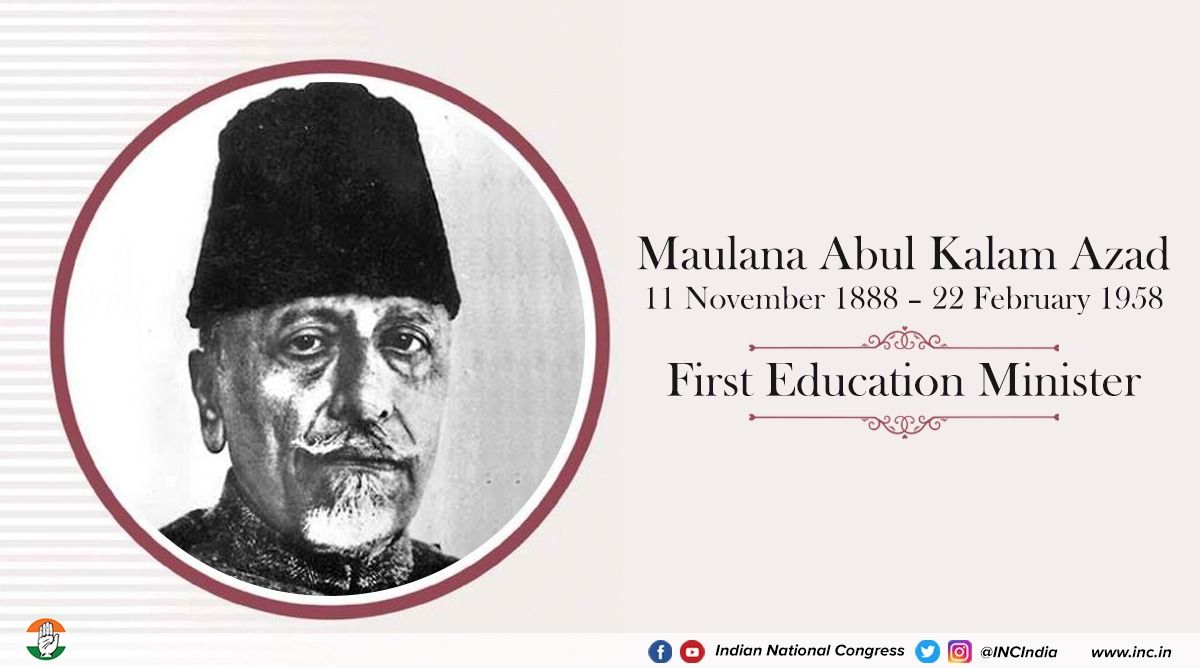India has been celebrating National Education Day every year on November 11 since 2008. It is meant to remember the contributions of the country’s first education minister Abdul Kalam Ghulam Muhiyuddin Azad on the occasion of his birth anniversary.
Manjamma Jogati: Transgender folk dancer who was conferred The Padma Shri
During his lifetime, Azad worked in numerous fields as a journalist, freedom fighter, politician and educationist before serving as education minister of Independent India between 1947 and 1958. His contributions to the welfare of the country were recognised in 1992 when he was posthumously honoured with the Bharat Ratna in 1992, India’s highest civilian award.
Azad’s birth place was Mecca in Saudi Arabia. He was born to an Arabic mother; the daughter of Sheikh Mohammad Zaher Watri and his father was a Bengali Muslim with Afghan roots. The family moved to Calcutta in India when Kalam was two years old in 1890.
Padma Awards: Kangana Ranaut, Karan Johar conferred honour; check full list here
As a child Azad was home schooled and pursued traditional Islamic education. His father and several teachers taught him in a variety of fields, including philosophy, geometry, mathematics and algebra. Other areas he was taught include world history, politics and English. He was fluent in Hindustani, Hindi and English.
Azad worked towards bringing a sense of togetherness and unity in the two majority communities – Hindus and Muslims in pre-independence India. His weekly journals Al-Hilal and Al-Balagh were immensely popular.
However, Al-Halil was banned by the government in 1914 after being labelled secessionist. Its successor Al-Balagh was banned in 1916 and Azad was exiled to Bihar.
SP Balasubramaniam honoured with posthumous Padma Vibhushan, KS Chithra receives Padma Bhushan
Adad was the man behind the origin of Jamia Milia University, which was established at Aligarh in 1920. His role in shaping the modern education system will never be forgotten as some of India’s biggest institutions, including IITs, IISc and the School of Planning and Architecture were set up during his tenure.







